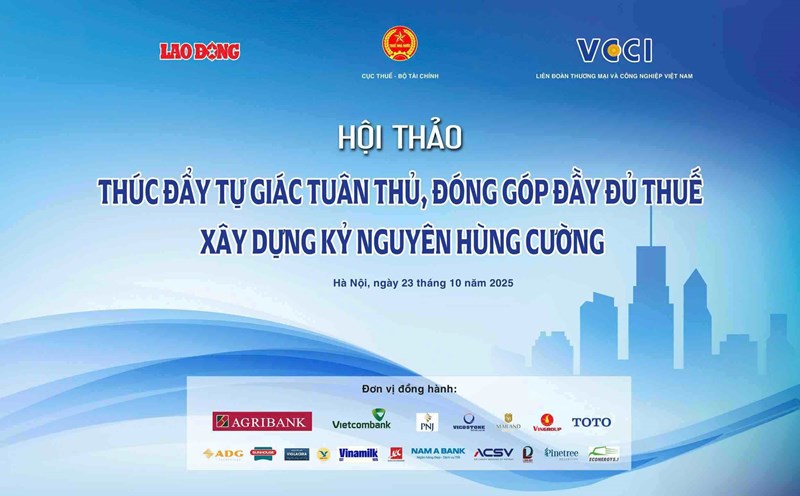Risks of inflating tires too much
Reduces friction and easy to lose control: When the tire is pumped too tight, the contact area between the tire and the road surface is significantly reduced. This reduces the friction, making it difficult for the vehicle to stick to the road and easy to lose control, especially when going in a corner or on a slippery road. In addition, high pressure also causes drainage ditches on tires to not be effective, increasing the risk of water slides (aquaplaning), causing unsafety when driving in wet road conditions.
Deformed tires and high risk of tire explosion: Excessive pressure will cause the tire to swell, deform, increasing internal pressure. On long trips or when the vehicle is traveling at high speeds, this can lead to sudden tire explosion, causing serious accidents.
Bad effects on driving feel and suspension: The tires are too tight, reducing the absorption of vibration from the road surface, making the vehicle stiff and losing smoothness. Not only does it cause discomfort to the driver, this condition also increases pressure on the suspension system, reduces the life of tires and related parts, causing expensive maintenance costs.
How to pump tires properly to ensure safety
Refer to the manufacturer's standard pressure: This information is often posted on the car door frame, fuel tank lid or in the instructions for use. Absolutely do not pump more than the recommended level.
Use a tire pressure monitor: Before pumping, check the current pressure to adjust accordingly. Use a pump with an integrated meter or check regularly when pumping to avoid overpumping.
Ensure the pressure of the wheels is even: This helps the vehicle operate stably, balanced and optimizes performance.
Note
Maintaining the correct tire pressure not only helps prolong tire life but also ensures maximum safety when participating in traffic. Avoiding inflating tires too much is a simple but effective way to protect you and those around you on every trip.











